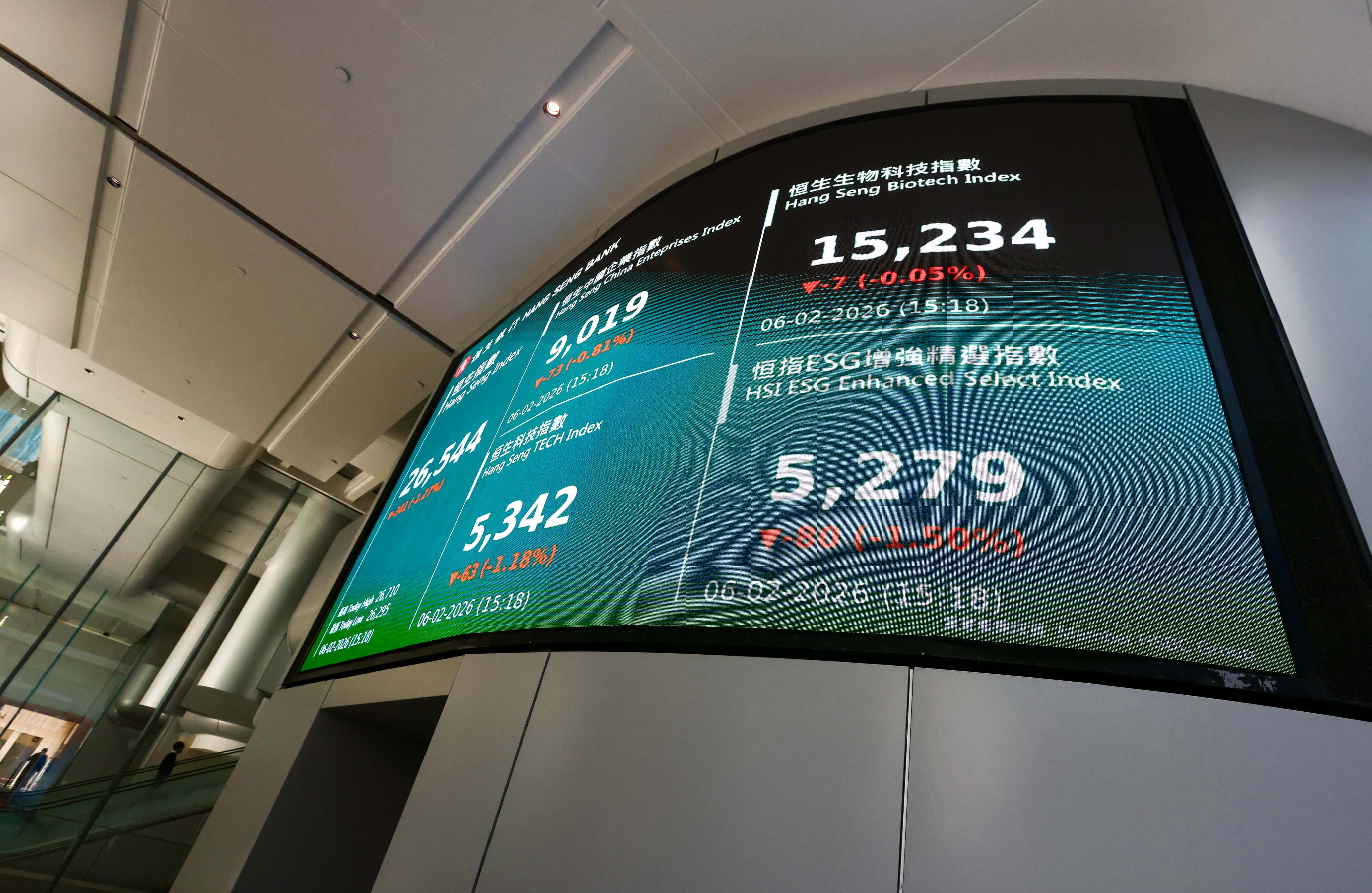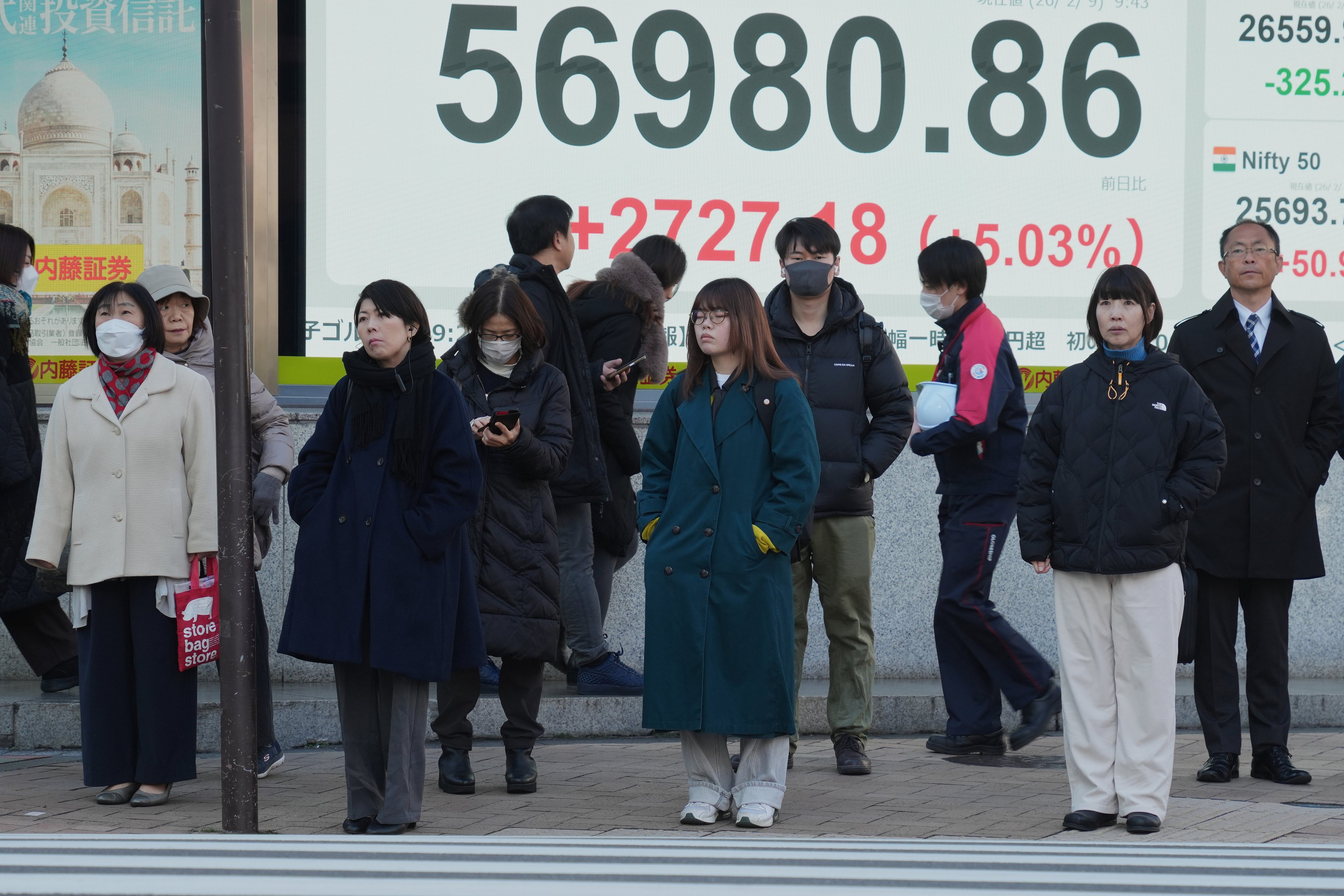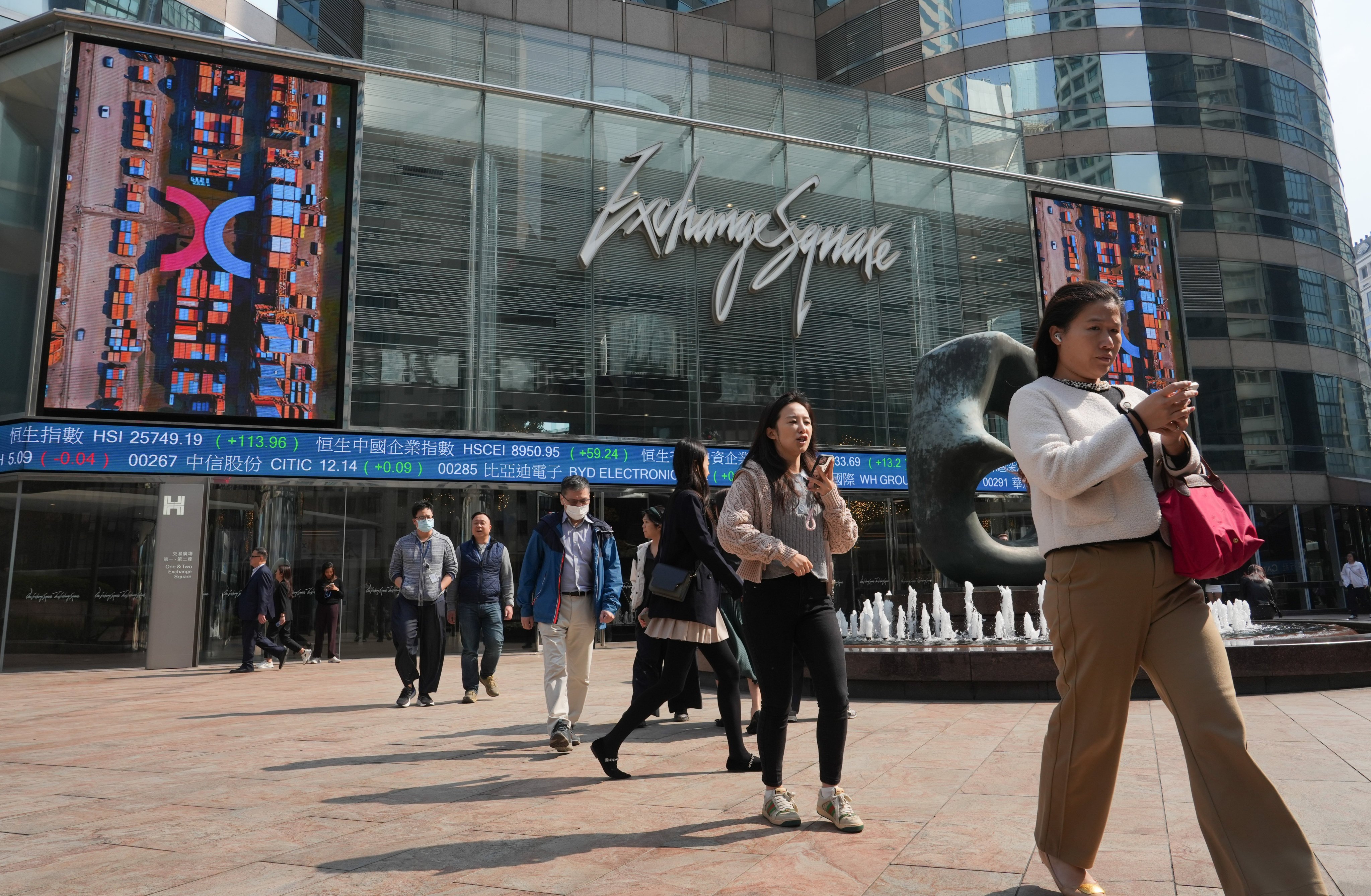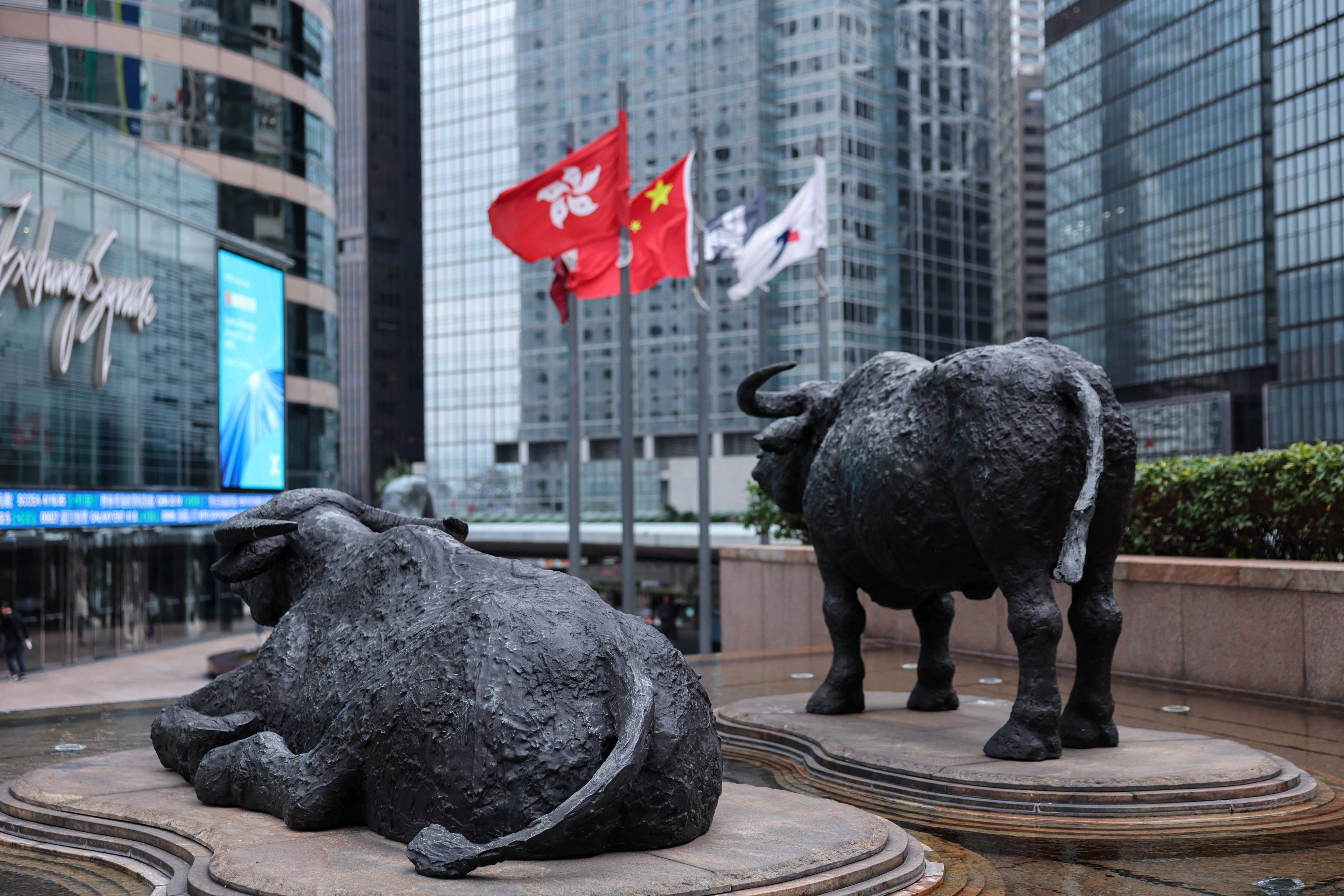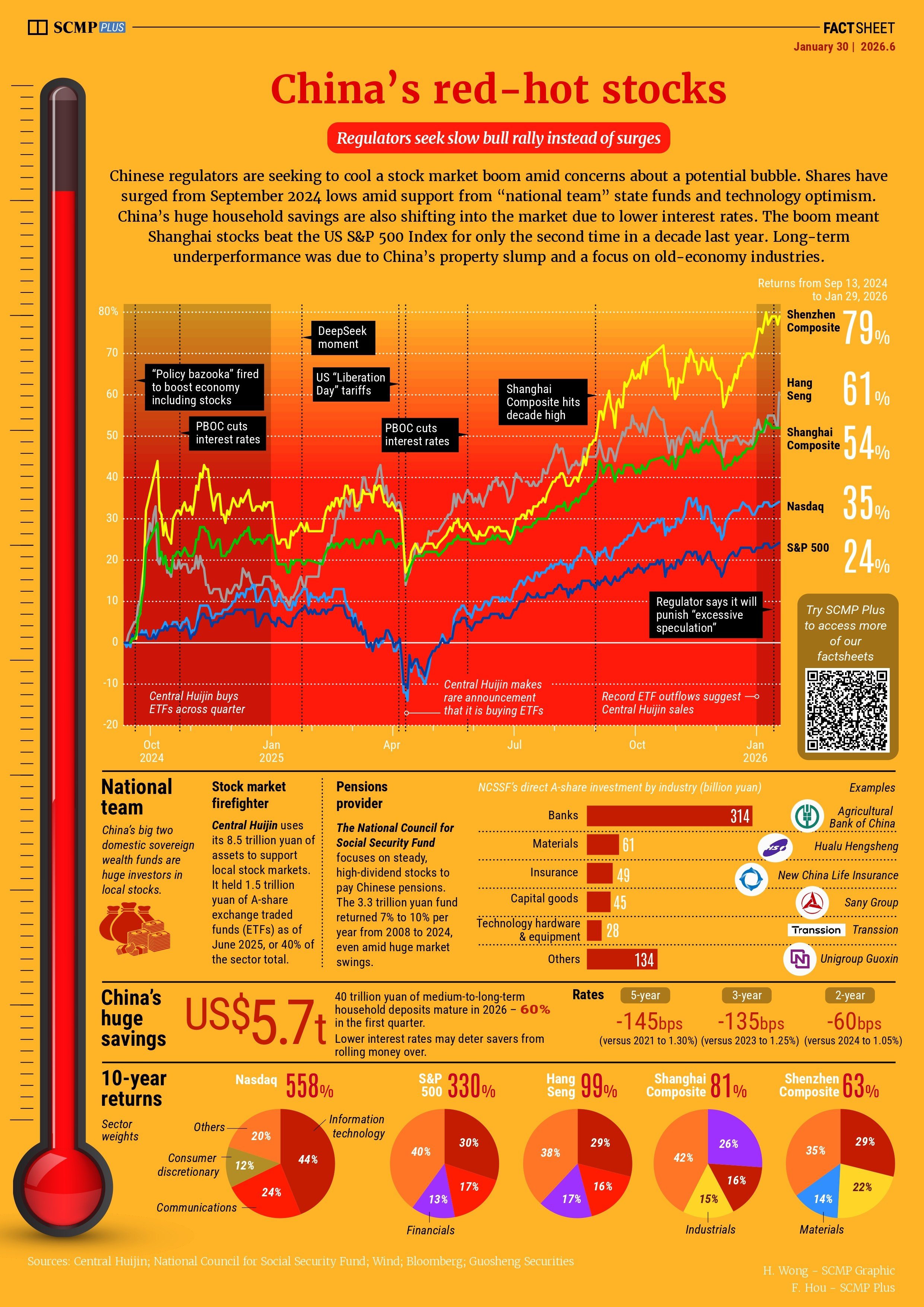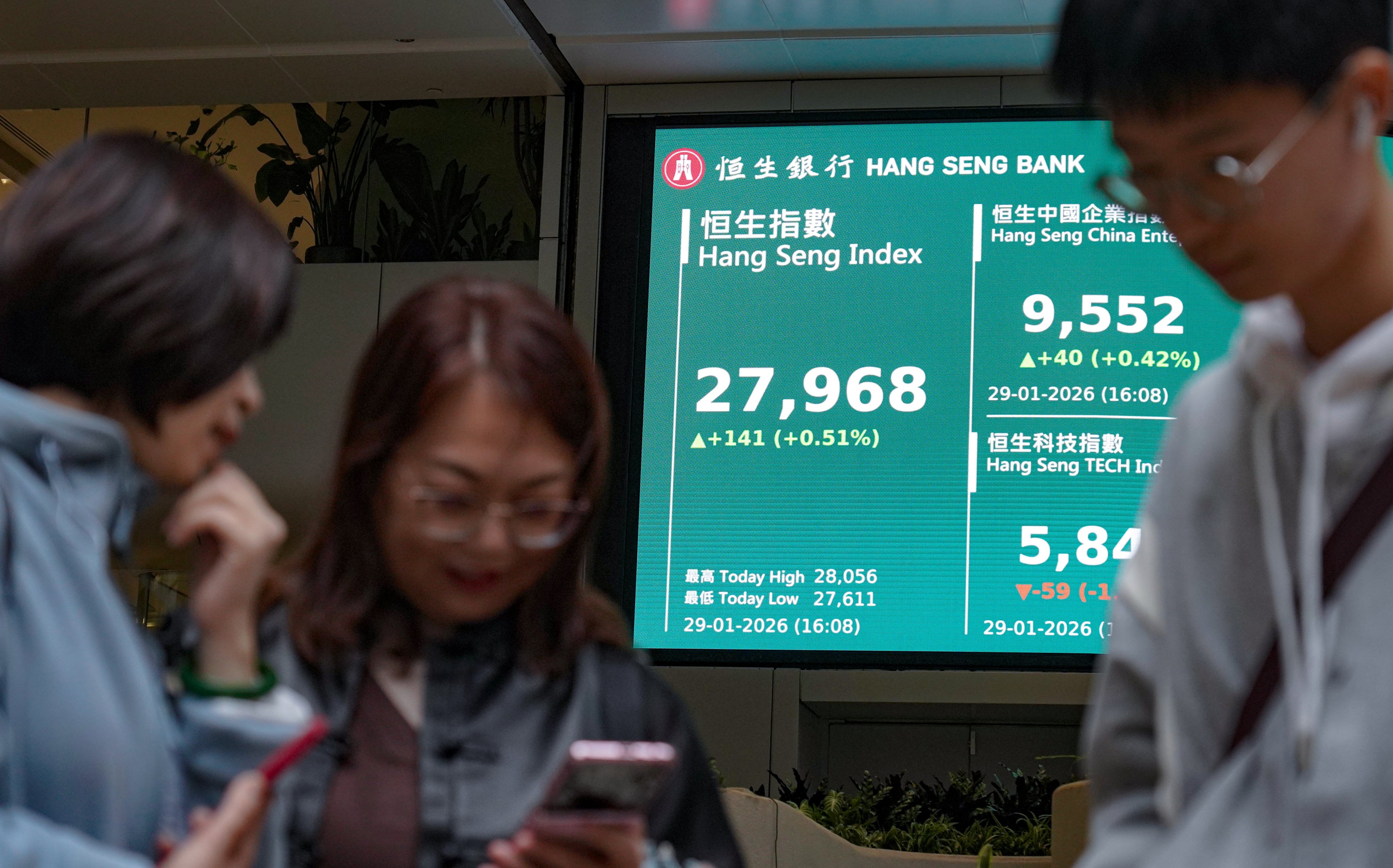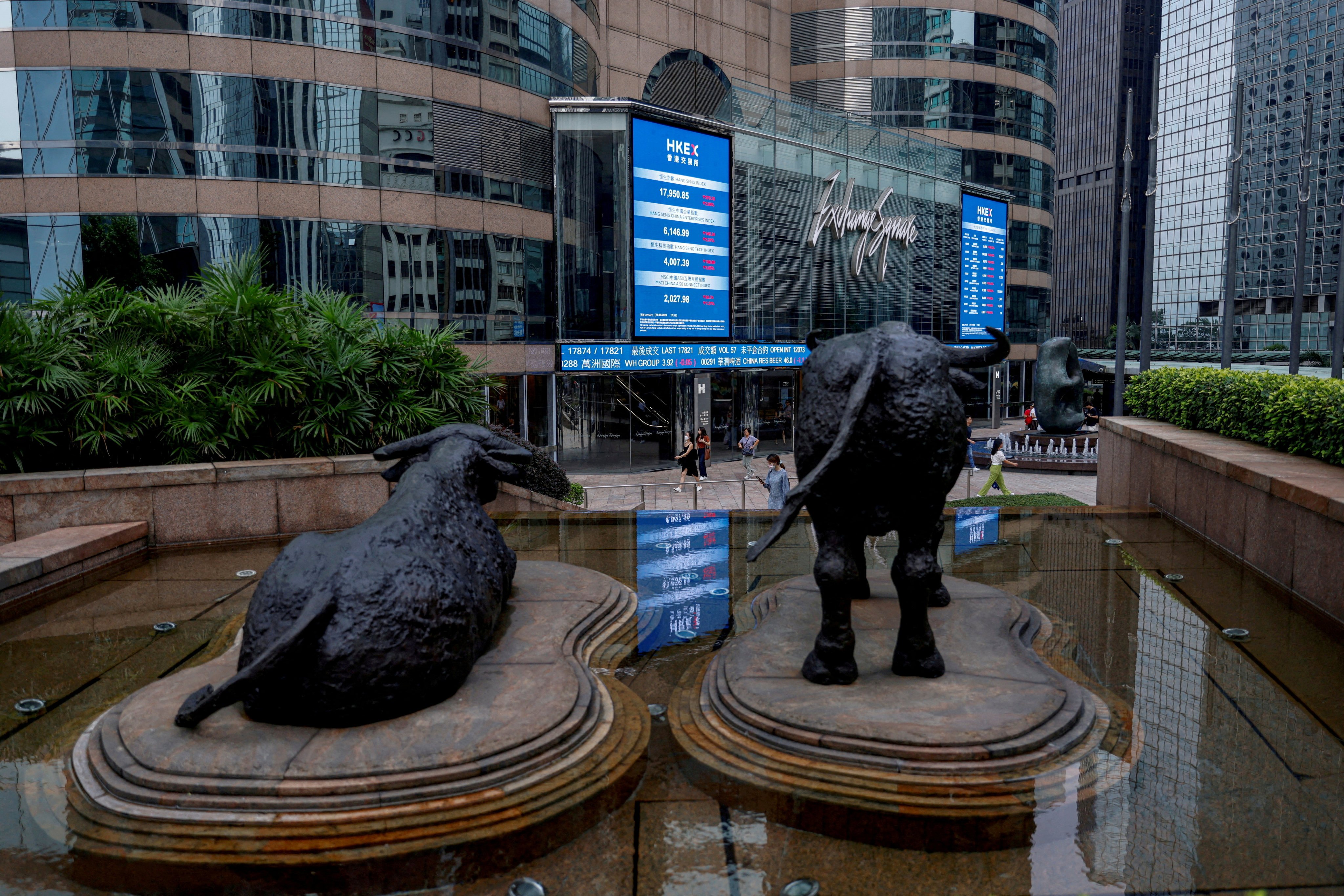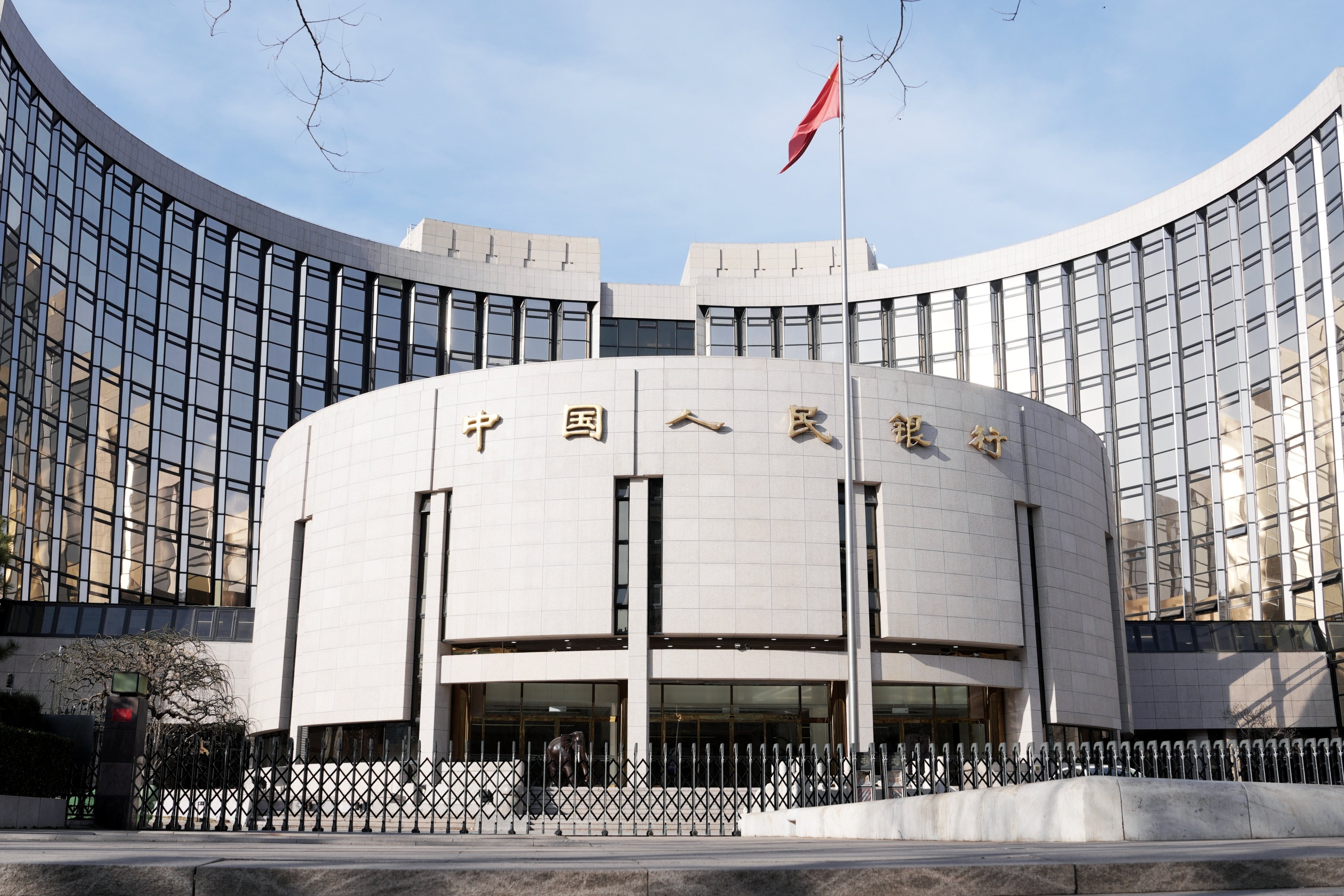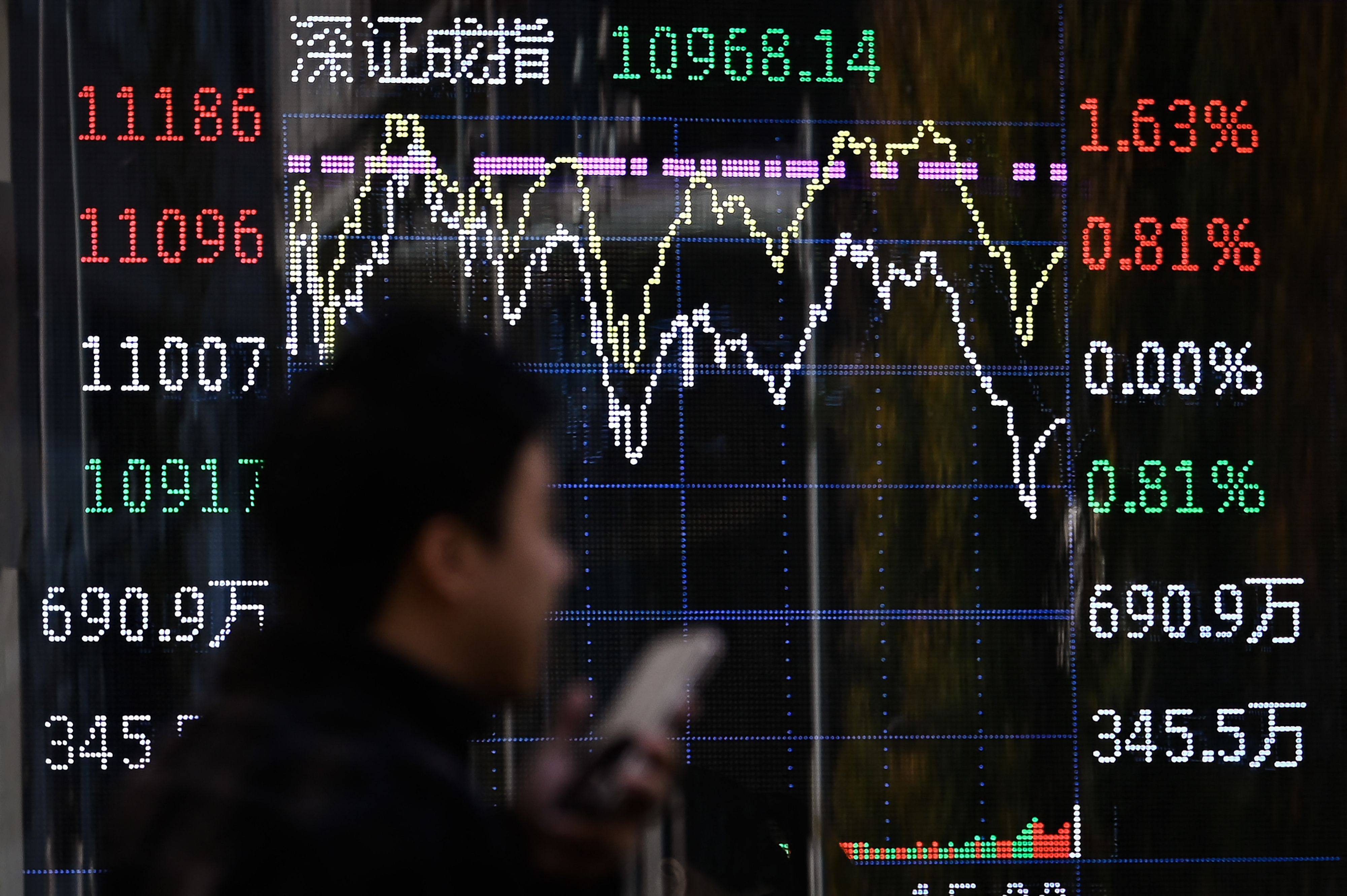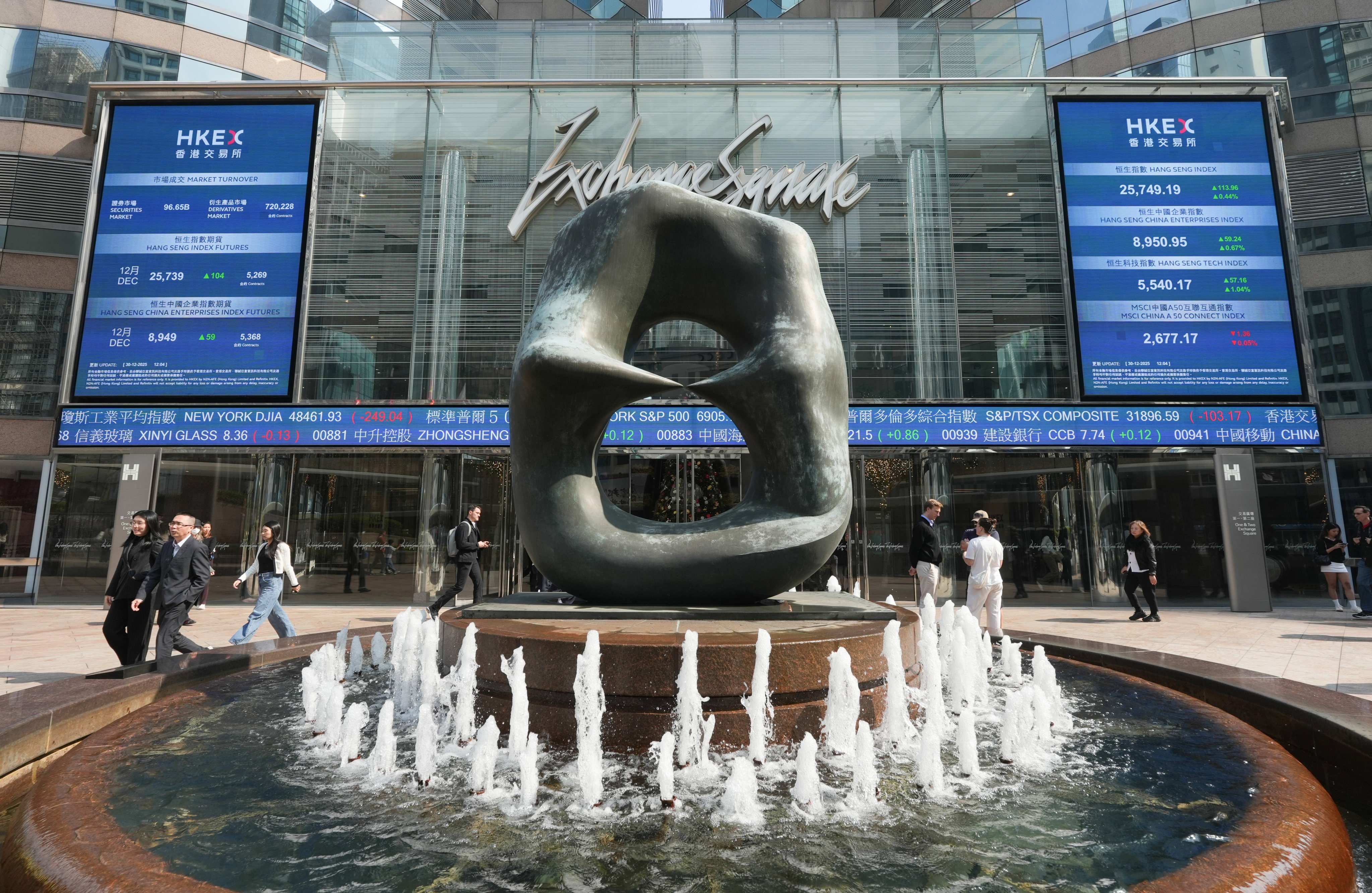Advertisement
Advertisement
TOPIC
Shenzhen Stock Index
Related Topics:
Shenzhen Stock Index
Latest news and analysis about the benchmark stock indices of the Shenzhen equity market, including the Shenzhen Composite Index, the Shenzhen A-share Index, and the ChiNext market for growth companies.
Help preserve 120 years of quality journalism.
SUPPORT NOWAdvertisement
Advertisement
Advertisement
Advertisement
Advertisement
Advertisement
Advertisement
Advertisement
Advertisement
Advertisement
Advertisement
Advertisement
